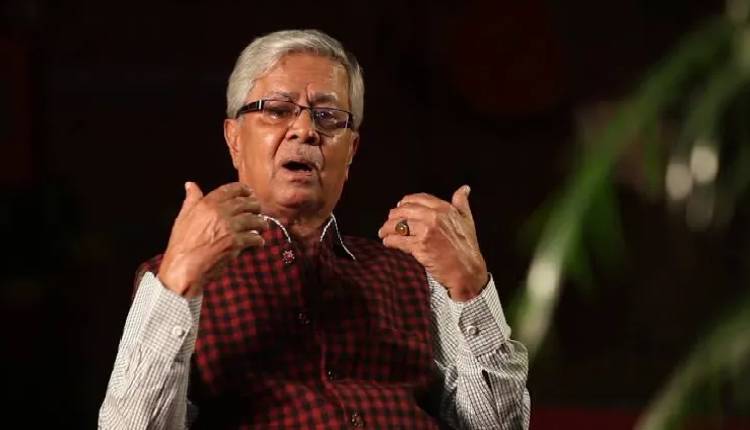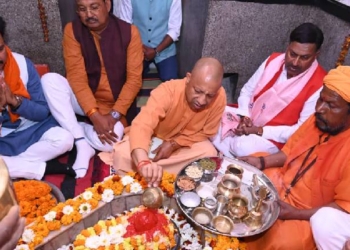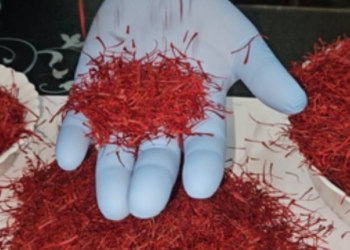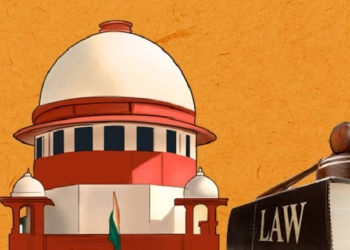Mumbai: Renowned Urdu litterateur and academician, Shaikh Abdussalam Abdurrazzaq, famous by his pseudonym Salam Bin Razzaq, passed away at his residence in Navi Mumbai after a prolonged illness, a family friend said here on Tuesday.
Razzaq was 83 and is survived by his wife, daughter, son, plus several grandchildren and great-grandkids.
The last rites were performed at the Marine Lines cemetery in Mumbai in the presence of a large number of family members, friends, and literary figures.
Razzaq won the prestigious Sahitya Akademi Award for Urdu literature for his acclaimed short stories collection, ‘Shikasta Buton Ke Darmiyan’, in 2004.
Born in 1941 at Panvel in Raigad district, Razzaq had a very humble beginning in life. He was deeply inspired by the trials and travails of the common masses which reflected in his writings, both prose and poetry.
Many of Razzaq’s popular characters in his literary narratives were based on the commoners around him, encountering and conquering ordinary problems in life in their quest for survival. He shot to relevance in the 1970s, when Urdu fiction was receding in popularity.
Over four dozen of his stories were broadcast on All India Radio, while more than a dozen of them are prescribed in the syllabi of school, college, and university students.
Working as a municipal school teacher in Navi Mumbai in the early part of his career, he also wrote three major collections of short stories, including two in Urdu and one in Hindi, and translated several Marathi fictions into Urdu, besides being a chronicler of the communal riots.
Over his long literary career spanning more than six decades, Razzaq was decorated with honours like the Sahitya Akademi Award, Ghalib Award, Maharashtra Urdu Sahitya Akademi Award, and many more.
Top figures from the Urdu literary fraternity, academicians, and others have condoled the demise of Razzaq, many terming it the ‘end of an era in Urdu literature’.
Some of Razzaq’s literary creations include ‘Nangi Dopahar Ka Sipahi’, ‘Muabbir’, and ‘Zindagi Afsana Nahin’, among others.
(IANS)
















